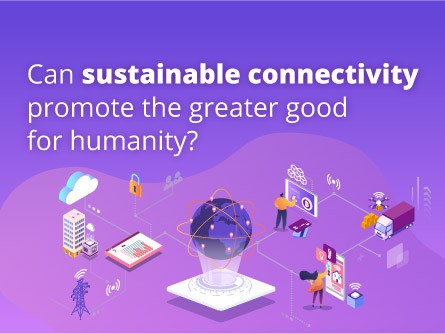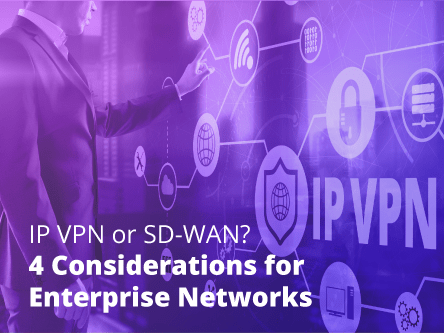As the world grapples with sustainability and environmental conservation challenges, the relentless pursuit of technology, industrial reform and societal change rages on.
- Technology: How do we create a global consensus on deploying the Fourth Industrial Revolution (Industry 4.0) technologies?
- Industry: How do we help businesses create the models necessary to drive the enterprise in Industry 4.0? How do we navigate in a world driven by exponential technological change and increasing expectations from all stakeholders?
- Society: How do we reskill and upskill our workforce and millions of people in the next decade?
The WEF strategy is simple and effective: bringing together the most relevant leaders from all sectors of global society, and identifying the best ways to address the world’s most significant challenges.
And the strategy works — for almost 50 years, the Forum has been the catalyst for global initiatives, historic shifts, industry breakthroughs, economic ideas and tens of thousands of projects and collaborations.
Said Professor Klaus Schwab, WEF founder and Executive Chairman: “People are revolting against the economic ‘elites’ they believe have betrayed them, and our efforts to keep global warming limited to 1.5°C are falling dangerously short. With the world at such critical crossroads, the ‘Davos Manifesto 2020’ (will) reimagine the purpose and scorecards for companies and governments.”
While the engine that facilitates next-generation technology is enhanced global connectivity and communications, how can these two enablers be managed to sustain and advance technological progress? How can these same two enablers address the three pertinent issues of the WEF and Davos Manifesto 2020 to promote equality and the greater good for humanity?
Sustaining global connectivity with morality
From Epsilon’s perspective, global connectivity is currently bolstered by friction-free interconnection between data centres, secure connection to the cloud and the exchange of internet traffic. All of these are accelerated by reliable network backbone with software-defined networking (SDN) technology.







